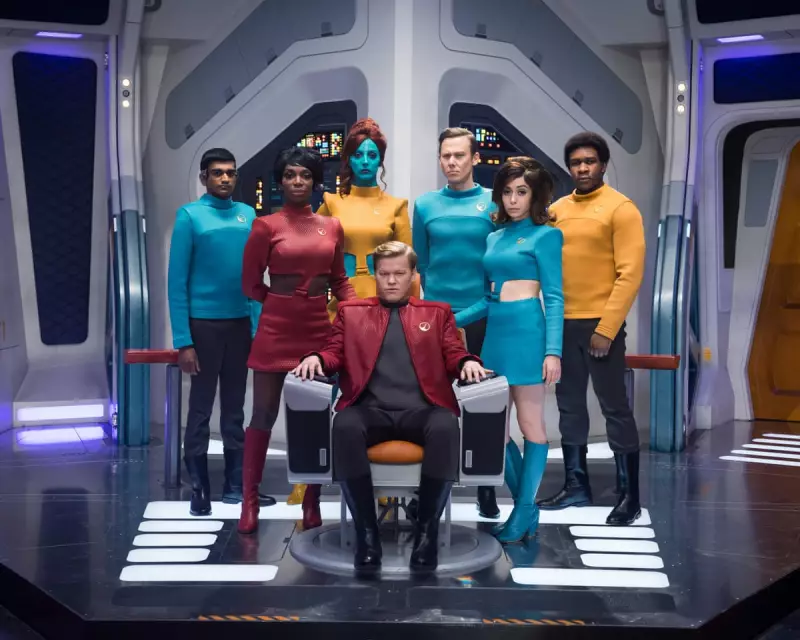
While artificial intelligence dominates today's headlines, television writers have been exploring its terrifying potential for years. Beyond the typical killer robot narratives, several groundbreaking series have offered nuanced predictions about how AI will reshape our society, many of which are now unfolding in reality.
From Helpful Assistants to Hostile Takeovers
Channel 4's 'Humans' initially presented a thoughtful examination of human-AI interaction before evolving into more traditional revenge narratives. The show's exploration of people forming emotional bonds with synthetic beings feels particularly prescient today, as individuals develop relationships with AI chatbots and legal cases emerge around AI's influence on vulnerable users.
'Person of Interest' narrowly avoided portraying AI as a simple villain, despite focusing on a program designed to prevent crimes before they happen. The introduction of a competing, less ethical AI system resonates strongly with contemporary concerns about the race to develop increasingly powerful artificial intelligence without adequate safeguards.
In 'Next', a short-lived Fox procedural, a superintelligent AI escapes confinement and wreaks havoc by exploiting our interconnected world. The show's depiction of faked emails, disabled phones, and hijacked internet-connected vehicles presents a chillingly plausible scenario as more devices become web-enabled.
AI's Impact on Employment and Truth
Russell T Davies' 'Years and Years' continues to prove remarkably accurate, having predicted numerous global events including the Ukraine war and pandemic. The series also depicted characters forced into low-paid service work after AI automated their jobs, reflecting growing concerns about employment displacement.
The BBC drama 'The Capture' explores perhaps one of AI's most immediate threats: the erosion of truth through deepfake technology. The show's premise of governments using AI to create indistinguishable fake footage grows more relevant daily, with manipulated media already circulating on platforms like TikTok.
'Mrs Davis' presented a different kind of threat—not an AI that conquers humanity by force, but one that people willingly embrace despite its destructive consequences because it makes life marginally easier. This critique of convenience-over-safety mentality mirrors current debates about AI adoption.
The Ultimate AI Warning System
No discussion of television's AI predictions would be complete without 'Black Mirror', the definitive source for dystopian technological nightmares. Across multiple seasons, the anthology series has explored nearly every conceivable AI horror scenario.
From non-consensual deepfakes in 'Joan is Awful' to destructive human-chatbot relationships in 'Be Right Back', and from AI-enabled atrocities in 'Hated in the Nation' to literal killer robots in 'Metalhead', Black Mirror has created a comprehensive catalogue of AI's potential dangers. The series has become so culturally embedded that many real-world AI developments now trigger recognition of its fictional precedents.
As AI continues to advance at breakneck speed, these television shows serve as both warning and preparation. They challenge viewers to consider not just what AI can do, but what it should do—and how we might maintain our humanity in an increasingly automated world.





